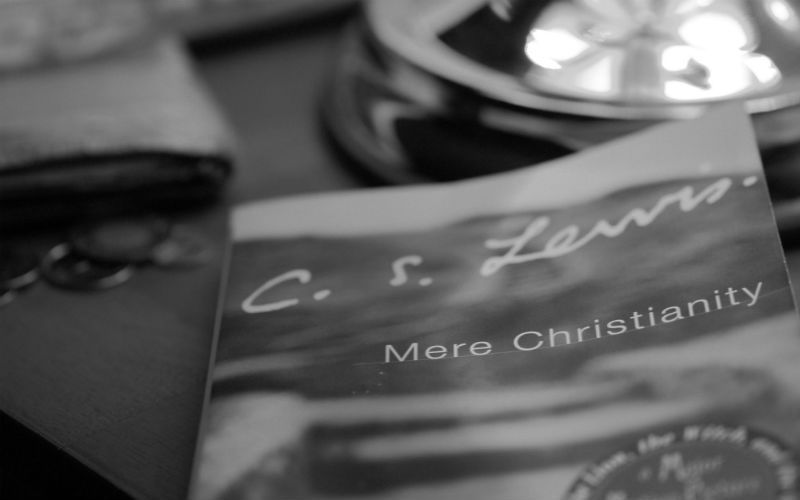If you take a careful look at a list of the books C.S. Lewis authored, one thing stands out: almost all of his best apologetic works were written in the 1940s, while his famous children’s fiction series, Narnia, was written in the 1950s.
One of Lewis’ closest friends and biographers George Sayer thought he knew why: because Lewis lost a debate with Catholic philosopher Elizabeth Anscombe in 1948.
Here’s the story: In the 1940s, Lewis was on something of a roll with apologetics. With WWII raging, he published The Problem of Pain in 1940, The Screwtape Letters in 1942, The Abolition of Man in 1943, and The Great Divorce in 1945. Between 1941-1944, he gave a series of radio talks defending Christianity that were later compiled into Mere Christianity. And finally, after WWII in 1947, he published Miracles.
Around the same time, a young and up-and-coming philosopher Elizabeth Anscombe arrived at Oxford. In 1948, she presented a paper in response to one of Lewis’ arguments in Miracles at an Oxford group called the Socratic Club. The club had been founded in 1942, with Lewis as its first president, as “an open forum for the discussion of the intellectual difficulties connected with religion and with Christianity in particular.”
Lewis’ had offered in Miracles what’s called the Argument from Reason, which said a naturalistic view of the world without God in which the human mind is the result of chance is self-defeating, since it would require rationality emerging from non-rational causes, undermining the very mechanism by which a person arrives at naturalism. Anscombe’s response accused Lewis of making several important category mistakes.
Lewis’ friend Sayer and others say that the older, famous Lewis lost the debate to the young, unknown (at the time) Anscombe, forcing him to rewrite the Miracles chapter in a future printing. The public loss was so humiliating, they claim, that it shook Lewis’ confidence in doing apologetics, so he turned to writing fiction instead, focusing on his Narnia series for the next decade.
While it’s true that Lewis did almost all of his great apologetics work before the debate, some dispute the impact of the debate.
Anscombe herself downplays its effect:
“The fact that Lewis rewrote that chapter… shows his honesty and seriousness. […] My own recollection is that it was an occasion of sober discussion of certain quite definite criticisms, which Lewis’s rethinking and rewriting showed he thought was accurate. I am inclined to construe the odd accounts of the matter by some of his friends – who seem not to have been interested in the actual arguments or the subject-matter – as an interesting example of the phenomenon called projection.”
She notes that at least two other professors also didn’t have the impression the debate had such a big impact on him. But this also just might be her being gracious.
Of course, it’s hard to know for sure. Either way, it might have all been for the best, since Lewis was able to leave us with both some of the best apologetics works ever, as well as his magical Narnia series.
[See also: The 26 Best Quotes from C.S. Lewis’ Masterpiece Mere Christianity]
[See also: Rare Pics Surface of Elizabeth Anscombe Arrested for Blocking Abortion Clinic]

